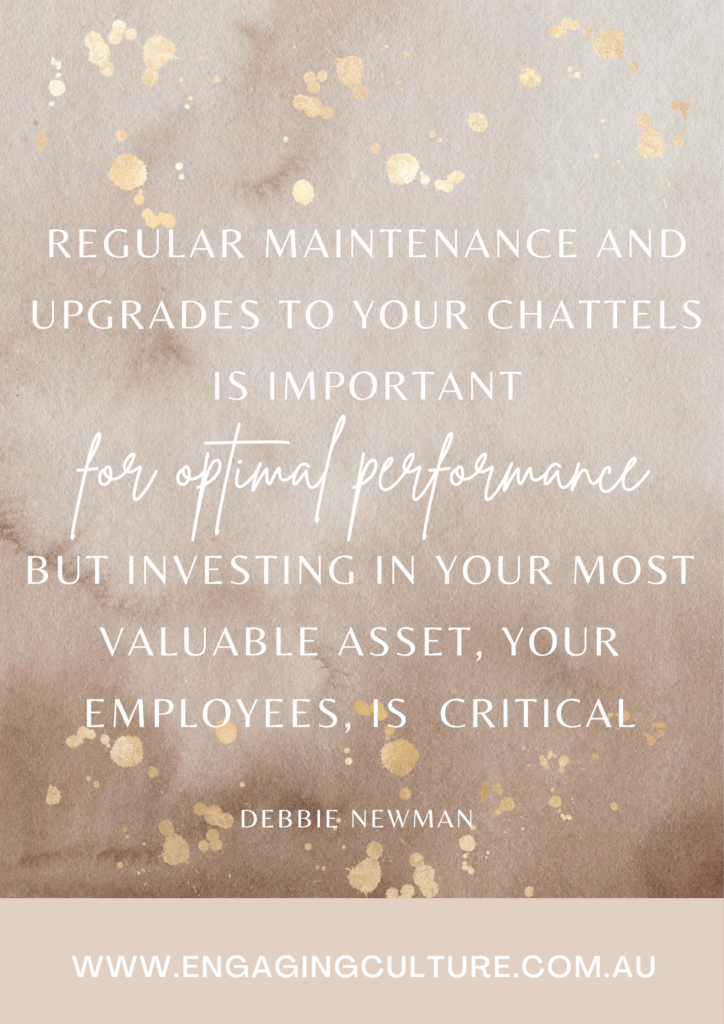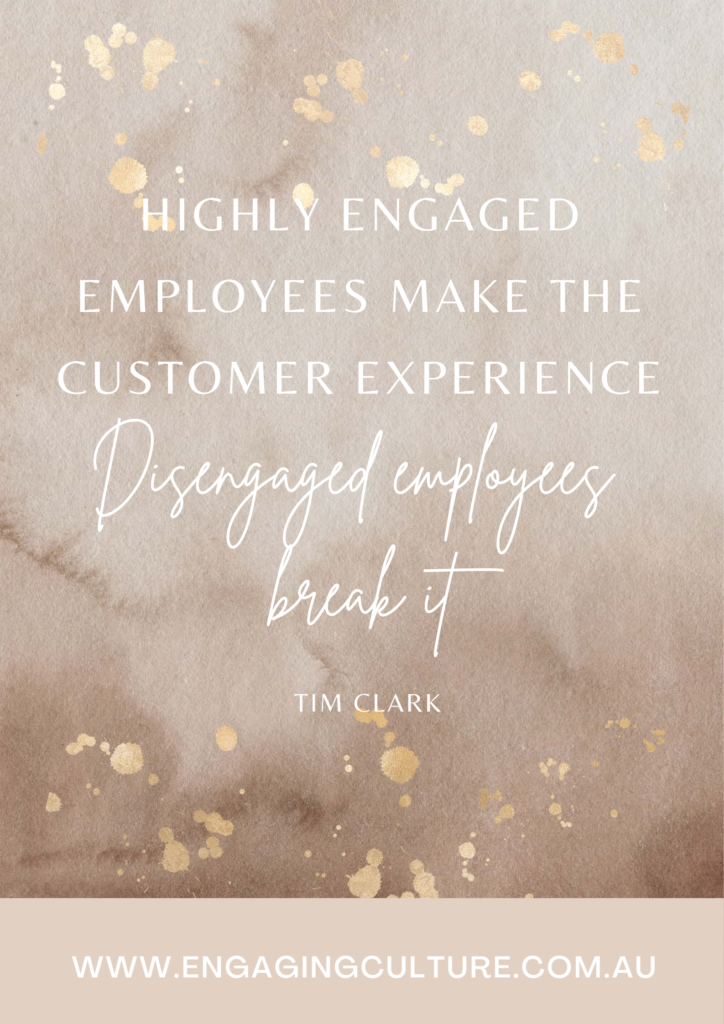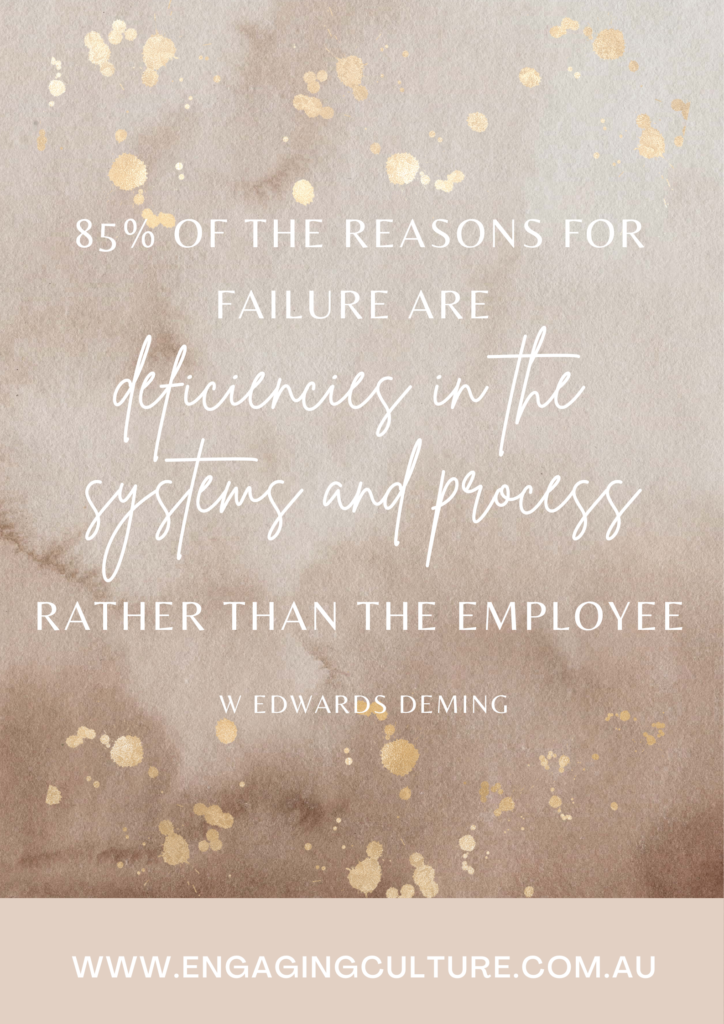As the global economy braces for a looming recession, businesses are scrambling to find ways to weather the storm. But amidst the uncertainty and anxiety, there’s a hidden gem that many companies are overlooking – their employees. Investing in your team’s growth and development can pay off in countless ways, from boosting productivity and efficiency to enhancing customer service and gaining a competitive edge. But perhaps most importantly, prioritising your employees can help to create a workplace culture that fosters engagement, motivation, and loyalty, even in the toughest of times.
However, achieving this kind of positive workplace culture isn’t always easy. It requires a commitment to truly listening to your employees, taking their feedback seriously, and showing them that you value their contributions. And if you’re short on time or resources, it can be a real challenge to know where to start. That’s where we come in – our expert team is here to help you optimise your workforce, from one-off coaching sessions to regular check-ins and mentorship for your managers. By prioritising your employees and creating an engaging workplace culture, you can build a team that’s ready to weather any storm and drive your business to new heights of success.










